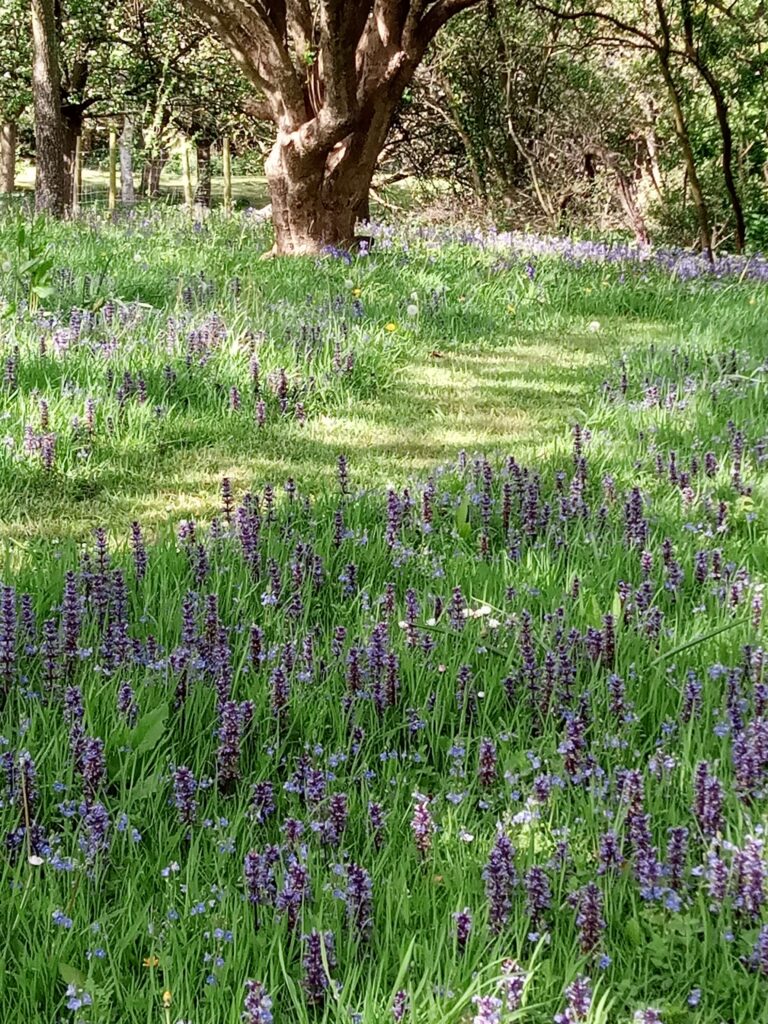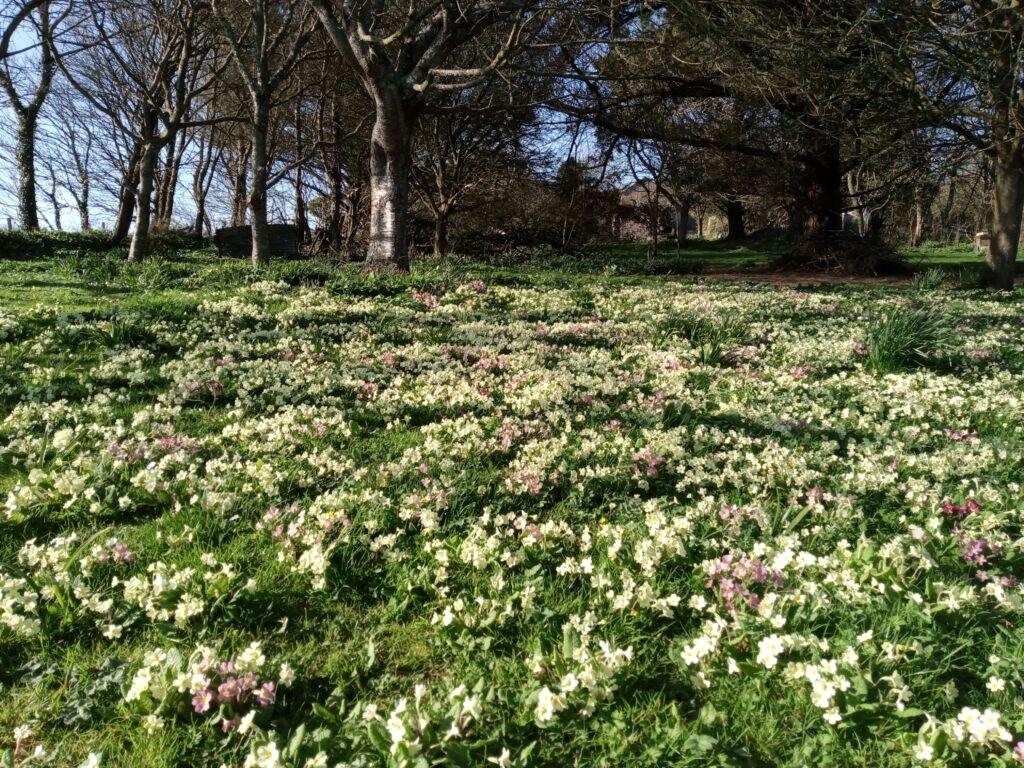Having already picked up a Gold in this year’s Taste of the West Awards, Artisan Malt Vinegar has been put through as a Finalist.

All honey is not created equal. Raw, unfiltered, natural honey is dense, un-homogenous, viscous stuff, often with flecks of pollen, royal jelly, propolis and wax mixed in. It's the nutritionally dense sugary food which bees synthesise from nectar to feed their hives, and it needs no adulteration. By contrast, the over-pasteurised squeezy honey often found in supermarkets is a refined, uniform, mostly nothing-but-sweet product.
According to The Honey (England) Regulations 2015, all products sold as ‘honey’ in the country must be just that — honey. Most other countries have similar legislation. However, honey adulteration, which has been practised since ancient times, is still common; stories crop up every so often in the news about ‘fraud honeys’ laced with cheaper ingredients being found in supermarket tests.

If you want the good stuff — as well as any of the nutritional benefit which honey’s many amino acids, vitamins, minerals, and antioxidants are purported to provide — it’s best to go with raw honey, ideally from your local beekeeper.
Indeed, that’s what the Artisan Vinegar Company did when searching out the raw material (excuse the pun) for its Honey Vinegar. The raw, organic honey that the Company makes into mead and, thence, vinegar comes from bees that roam an organic orchard of old Cornish cider apple trees up on the north coast of Cornwall. Located in a conservation river valley, the land is also a haven for wildflowers (and cattle). It’s a true idyll.

When honey is fermented into mead (which is, incidentally, perhaps the world’s oldest fermented beverage), the sugar turns into alcohol. Only the non-sugar flavours remain to give it its interest and complexity. With industrial ‘honey’, there aren't many of those flavours left once the sugar has been fermented out.
Real honey wine, and by extension real honey vinegar, has much more to it. It should have all the heady floral notes of the honey, but with acid instead of the sugar. Try it in gentler salad dressing, as an ingredient in desserts, or as a drink with sparkling water.
— Beatrix Swanson
Having already picked up a Gold in this year’s Taste of the West Awards, Artisan Malt Vinegar has been put through as a Finalist.
Vinegar, hot water and a few spices come together for a perfect(ly austere) January warmer
Inspired by the growing foraging movement, I bring you some seasonal vinegar infusions

The Old Nuclear Bunker,
Pednavounder,
Coverack,
Cornwall
TR12 6SE
01326 281135
info@artisanvinegar.co.uk